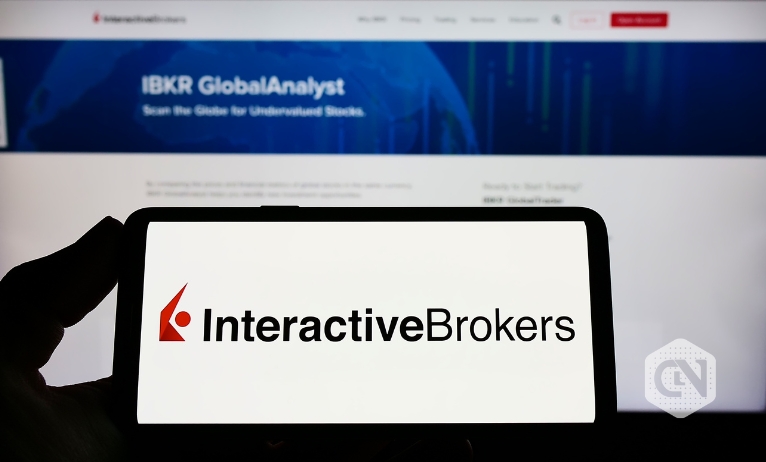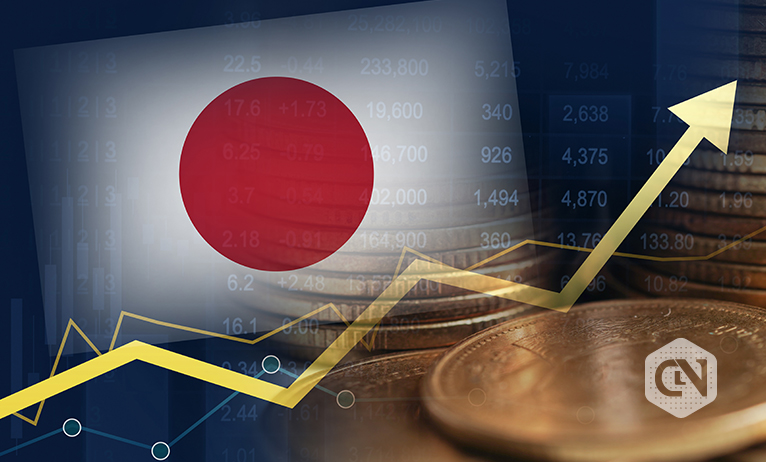Travelling abroad with a lot of cash in your wallet is no longer considered safe, as it is inconvenient for travelers. Getting a prepaid travel card or a forex card from a bank is a much safer and cheaper option when travelling abroad. Forex cards are globally accepted means of carrying foreign currency while travelling abroad. Prepaid forex travel cards are pin protected and are fully replaceable in case they are stolen or lost.
Prepaid travel cards issued by Bank to travelers are not subjected to availability, unlike a traveler’s cheque for traveling overseas; they can be loaded and reloaded with any amount of foreign currency at any time. Forex travel cards are accepted at almost all foreign establishments like hotels, restaurants, malls, and stores, etc. without any extra charge. But what is a forex card, and how does it benefit the travelers while traveling abroad?
What is a Forex Card?
As the name hints (Forex = Foreign Exchange), a Forex card is a kind of prepaid card in which travelers can load money in any currency of their choice while traveling abroad. It is globally accepted and can be used just like a debit or a credit card; travelers can either pay for their expenses by swiping this prepaid travel card or withdraw cash in foreign currency at any bank ATM. Even a few years back, a traveler’s cheque used to hold this position of confidence and safety for carrying foreign currencies, but with prepaid travel cards coming into the mainstream, traveler’s cheque is on the verge of becoming obsolete.
Types of Forex cards

- Single Currency Card – this card, as the name hints, can be loaded only with a particular foreign currency. A single currency card has limited use, and travelers need to pay high cross-currency charges to their bank, if they use it in other currency than what has been loaded.
- Multi-Currency Card – this multi-currency card can be preloaded with multiple foreign currencies, therefore are suitable for travelers who plan to visit various foreign countries. Travelers can also shuffle funds or cash from one currency to another whenever they need it via a prepaid option provided by the bank, if they visit multiple countries with different currencies.
Then, there is also a contactless prepaid travel card available that allows the users to make payments for their purchases at any retail outlet accepting prepaid travel cards only by waving or tapping the card at the payment terminal. In this COVID scenario, this would have been very helpful for travelers, but alas, the ongoing pandemic has snatched away the liberty to move around freely in different countries.
Important Things to Consider Before Using a Forex Card
Before you start using a prepaid travel card issued by your bank, there are certain important aspects (rights reserved) that you should know about how these prepaid travel cards work and why they are better than carrying cash or using credit or debit cards. 
When you are abroad and want to pay for something, just swipe the prepaid travel card at the point of sale just as you do for a debit or credit card transaction. As soon as the money is deducted, you will receive an SMS and email notification from your bank about the transaction and the remaining balance. But for this, you need to sync your mobile number with your bank account. With a prepaid travel card in your wallet, you can get the best deals for shopping without any limits.
However, before applying for a forex travel card in any bank or money exchangers, it is crucial for travelers to do proper research about the features and various benefits of forex cards offered by different banks. Ensure you are not duped with unnecessary charges as some exchangers or banks and may charge hidden fees. Another important thing to remember is that travelers should always buy their prepaid travel cards well in advance before they start their journey abroad, as it may sometimes take 2 to 3 working days to process the foreign currency loading in their prepaid travel cards.
Forex Card Vs. Debit / Credit Cards:
Advantages of carrying forex cards over having a debit or a credit card:
1) Extra Transaction Fees Can Be Waived
Advertisement
A Forex travel card is usually available at better rates than a traveler’s cheques or cards. With a prepaid forex card in your wallet, you don’t need to pay the extra 2% or 5% transaction fees to the bank that are charged on any international credit or debit cards.
2) No Currency Conversion Charge Required; Only Flat Foreign ATM Withdrawal Fee
When you travel overseas with a debit card in your pocket, you need to pay some extra transaction charges to your bank when you withdraw cash using the debit card from any international ATMs. Apart from the flat ATM withdrawal fee, users are charged with an additional fee of 1% to 3% from the bank for the cash withdrawal along with the currency conversion rates. On the contrary, withdrawing cash using a forex card will only apply the flat withdrawal, and no extra currency conversion charges. As the card is already preloaded with your preferred foreign currency, you will get that currency only when you withdraw cash from any international ATMs. You don’t need to stand in long queues in money exchangers or a bank to convert your currency.
This also holds true when travelers swipe their prepaid travel card overseas for shopping or paying cash in a restaurant; there is no extra charge present as the cash being transacted is already in the country’s local currency that is preloaded into your forex card. On the contrary, when using a debit or a credit card overseas for transactions, the bank will apply Dynamic currency conversion fees. The bill amount in foreign is the first currency converted to your currency and then charged from your bank’s debit credit card. All these markups, along with the high exchange rate, shoot up the transaction costs when one uses a debit or a credit card abroad.
3) Forex Card Transactions Are Independent of the Fluctuations in the Forex Market
As the prepaid forex travel cards issued by a bank or exchanger have their exchange rates locked in advance and the forex (foreign exchange) is loaded at a fixed exchange rate on your forex card, they are not susceptible to variable currency rates as in the case of debit or credit cards. Once the rates are locked, the currency’s value in your forex card is not affected by the fluctuations in the volatile forex market.
On the contrary, in the case of a debit or a credit card, the currency exchange rates are not locked in advance, and therefore, they are never in favor of the customers. This unevenness in the exchange rate further escalates when one is traveling abroad for a short time. The value of their local currency is going in a downtrend against most major currencies where he is moving.
4) Configurable Spending Limits
In a forex travel card, the funds are loaded in advance after the bank approves your card application, and also, there are no overdraft facilities available in prepaid travel cards. Therefore, travelers should always be cautious while spending money, so they don’t run short of money while moving in an unknown country.
It helps them to control their temptation to overspend, which is also good for them. While on the contrary, credit cards enabled by the bank, come with an overdraft facility that lets travelers spend more funds than they have in their bank accounts at any given moment.
Disadvantages of Carrying a Forex Card Over Debit or Credit Cards:
1) Takes Time to Load Money in a Forex Card
Prepaid forex travel cards may take up to two to three working days to load funds in them once the bank approves your application for a forex travel card or reloading. Therefore, travelers may face problems when they are out of money while they are in other countries. However, this does not happen if you carry a debit or a credit card issued by a bank with you while traveling. Funds are instantly available whenever you require them. Besides, credit cards can also help you lend some extra cash if you need money urgently.
2) Some Places Only Accept Credit Cards
Though forex cards are globally accepted everywhere, some hotels and lounges allow customers only if they possess a valid credit card. This is because if any customers willingly did not pay the hotel bill, the hotel would be able to claim the customer’s unpaid billing amount using his/her credit card details without pre-authorization. On the other hand, a prepaid travel card will not provide this kind of facility. Therefore, these are sometimes not allowed abroad, where hoteliers prefer credit cards.
Final Verdict
Therefore, going through the pros and cons of forex cards vs. other modes of payments, it is induced that you need all of them in proper proportions. The best way to carry money overseas is to have a mixture of travel fund options. For example, you can keep 60% of total expenditure in a Forex travel card, and the balance 40% in cash, debit/credit cards as backup.
FAQs
-
Is a Forex Card Better Than a Debit Card?
Advertisement
Both forex cards and debit cards have their own pros and cons. For example, swiping a forex card abroad to obtain cash does not require any extra transaction fee but swiping a debit card. But then, loading foreign currency into a prepaid travel card is time-consuming. Therefore, it is better to carry funds both in a prepaid travel card, cash, and debit card.
-
Can a Forex Card Be Used as a Credit Card?
Yes, a forex card operates in the same way as a credit card, and customers can use a forex card for making payments abroad. However, the only difference lies in the fact that there are no overdraft facilities in a prepaid travel card as there are in a credit card.
-
What Are the Benefits of a Forex Card?
- Forex cards are globally accepted and safe to carry money overseas
- They are easy to use and reload multiple foreign currencies together in a single card that can again be swapped between various currencies as per the travelers’ needs.
- They are cost-efficient; the Bank does not charge any extra transaction fee or any currency conversion fees.









